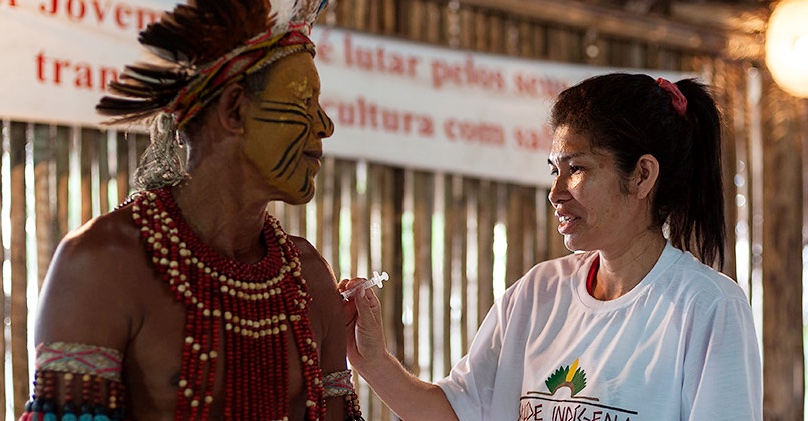Brazil’s Solicitor General informed the Supreme Court on February 18 that every citizen over 90 years old — as well as 73 percent of all health professionals — has been vaccinated against Covid-19.
The data, however, is disputed by information from local governments. In Minas Gerais, for instance, authorities vaccinated slightly over half of senior citizens living in care homes, while many cities have yet to immunize over 90s and some state capitals interrupted their inoculation campaigns due to a lack of supplies. Moreover, 71 percent of indigenous citizens in the Amazon region have yet to receive a vaccine.
Brazil has been heavily criticized for the lack of organization of its national vaccination program. Over 77 million people are classified within “priority” groups and this broad categorization has led each city to follow its own criteria. For instance, some municipalities chose to focus first on vaccinating young frontline health professionals instead of senior citizens. In Brazil’s North, some cities were forced to expand priority groups due to the severity of the pandemic.
Extra barriers
Besides a lack of clear priorities — and vaccine doses — the plan to immunize indigenous communities faces another hurdle: misinformation. As indigenous leaders told news website G1, communities are not only facing traditional logistics issues, but misinformation campaigns attributed to Evangelical missionaries have led indigenous people to oppose vaccination.
“Health teams told us that an [Evangelical] minister was telling people to not get vaccinated, otherwise they’d be infected with a chip from the devil,” said indigenous leader Cleidiane Carvalho.
 Support this coverage →
Support this coverage →

 Search
Search






































